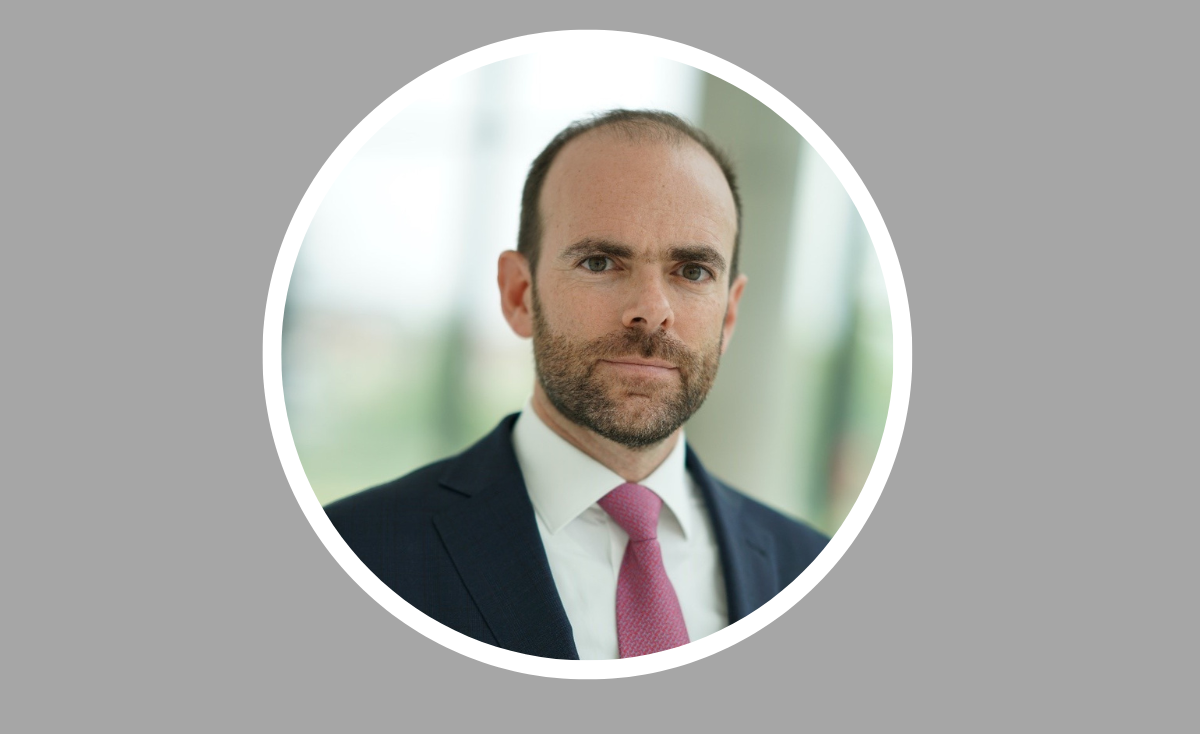
Alberto Agazzi: During the last few months, we have certainly seen a ‘flight to quality’ approach among real estate investors: higher demand for quality assets, which are more capable of preserving their value in the long term. Besides this, the market is witnessing a reduction of leverage due to increased borrowing costs, thus changing the dynamics of transaction financing.
This is also not forgetting the focus on sustainability, which is reshaping the real estate industry forever and recognising its fundamental role in the race towards net-zero.
Alberto: Real estate has often met institutional investors’ interest thanks to some peculiarities. It is inflation-hedged because it offers protection against the inflation momentum and is less subject to market volatility.
In certain market conditions, it offers more predictable returns as a long-term investment than other asset classes. More importantly, it may also deliver a strong value creation component, connected to demographic aspects (e.g., in the residential segment, capturing new trends and ways of living) or to economic trends such as looking at the growth of logistics linked also to the e-commerce development.
"This mode, which is based on active portfolio management across
different European markets, does entail an operational burden."
Alberto: We manage a portfolio of properties across Europe worth more than €36bn. The teams based in the different countries have knowledge of those local markets, which is supported by specialisations in specific matters like asset management, transactions, or project management.
This structure means that we can invest, through a range of pan-European funds, in a diversified way across different geographies and asset classes.
We also assess the different markets and invest in the most liquid ones that we believe offer more opportunities in terms of value creation. This mode, which is based on active portfolio management across different European markets, does entail an operational burden, but we are convinced that it creates value for investors because it captures the benefits of diversification.
Alberto: On top of the usual focus on ESG aspects, which the real estate industry is starting to embrace with full commitment as I mentioned earlier, we have to look at sustainability from the viewpoint of a long-term investor.
"Assessing a portfolio through the lens of sustainability is a key
element to mitigate risks and increase liquidity."
One of the key aspects to focus on are the actions to mitigate climate change through carbon reduction and net-zero policies and their consequences on real estate portfolios. Assessing a portfolio through the lens of sustainability is a key element to mitigate risks and increase liquidity, while overlooking such aspects may determine obsolescence and ultimately loss of value of certain assets.